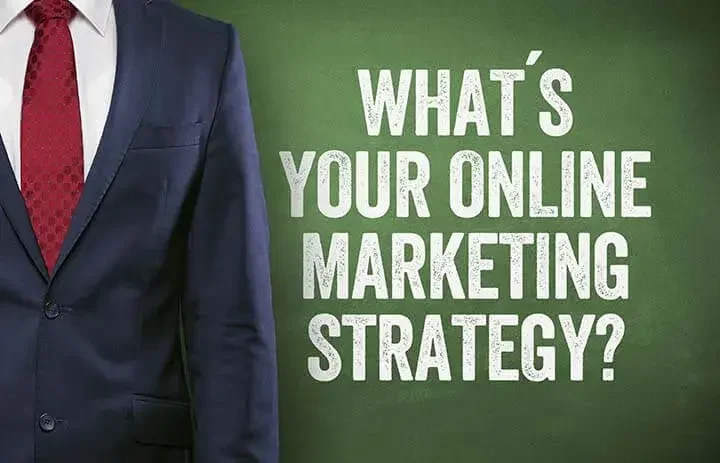As a small business owner, you want to increase traffic to your website. SEO, or search engine optimization, and SEM, or search engine marketing, are two ways to attract people to your website and your products or services:
- SEO refers to strategies that help a website show up naturally in online search results.
- SEM refers to paid advertising on search engines.

As people increasingly research products and services online, it's important for businesses to appear prominently in internet search results. But the terminology can be confusing, and it's hard to know whether it's better to get search engine traffic through organic SEO, vs. SEM, which is paid advertising.
Here are answers to some of the top questions about SEO vs. SEM.
What is SEO?
SEO means using a variety of strategies to help a website organically rank higher in search results. Search engines such as Google have complex algorithms that determine how prominently your site will appear when someone searches for a particular term. SEO is all about making sure your website has the qualities that search engines like.
SEO can include both on-page strategies and off-page strategies. Examples of on-page strategies include:
- Informative and well-written content
- Meta data, such as page tags and meta descriptions that are optimized and also include keywords (Keywords are words or phrases that people type into the search bar, such as, "What are keywords in SEO?" When your content and meta data include popular keywords related to your products and services, it's more likely that internet searchers will find you.)
- Optimal page-loading speed
- Integrated social sharing
Off-page strategies include:
- Getting other authoritative websites to link to the content on your site
- Getting more traffic to your website through social media sharing
- Getting attention through social bookmarking sites like Reddit
SEO is a long-term strategy. It takes time to build content, acquire links, and achieve a good ranking.
What is SEM?
SEM used to be a broad term for all search engine marketing, but these days SEM refers almost exclusively to paid search engine marketing. Paid search ads are tied to specific keywords. When an internet user searches for your ad's keywords, your ad may appear prominently in the search results. Paid search ads often look like organic search results, but they are usually marked "ad" or "sponsored content."
The most common type of SEM is a pay-per-click campaign. With pay per click, the ad's sponsor is charged each time a user clicks on the ad. Google Ads is the most popular SEM platform, with Bing Ads coming in second. There are a variety of SEM tools available to help make SEM work for business owners, including keyword tools and analytics tools within Google to see how your ads are performing.
SEO vs. SEM: Which is better?
At this point, you may be wondering why you need SEO when you can get internet search rankings by running paid ads. But it's a mistake to think of SEO and SEM as an either/or choice. The best online marketing strategies use both SEO and SEM.
SEO is important as the foundation for a website that Google considers credible. Many people will trust organic search rankings more than paid search results and, if you can have both an organic ranking and a paid ad at the top of the results page, you increase the chance that users will visit your site.
At the same time, SEO is an inexact science, and SEM can fill in the gaps with paid ads for keywords where you're having trouble ranking organically. New businesses can get noticed more quickly if they use SEM strategies while they're building up their organic search rankings.
Both SEO and SEM rely on keywords, and their success depends partly on being able to identify the right keywords and figure out who to target with your ads. By pursuing both strategies, you will gain more insight into both your business and its customers, and you can increase your chances of online success.

